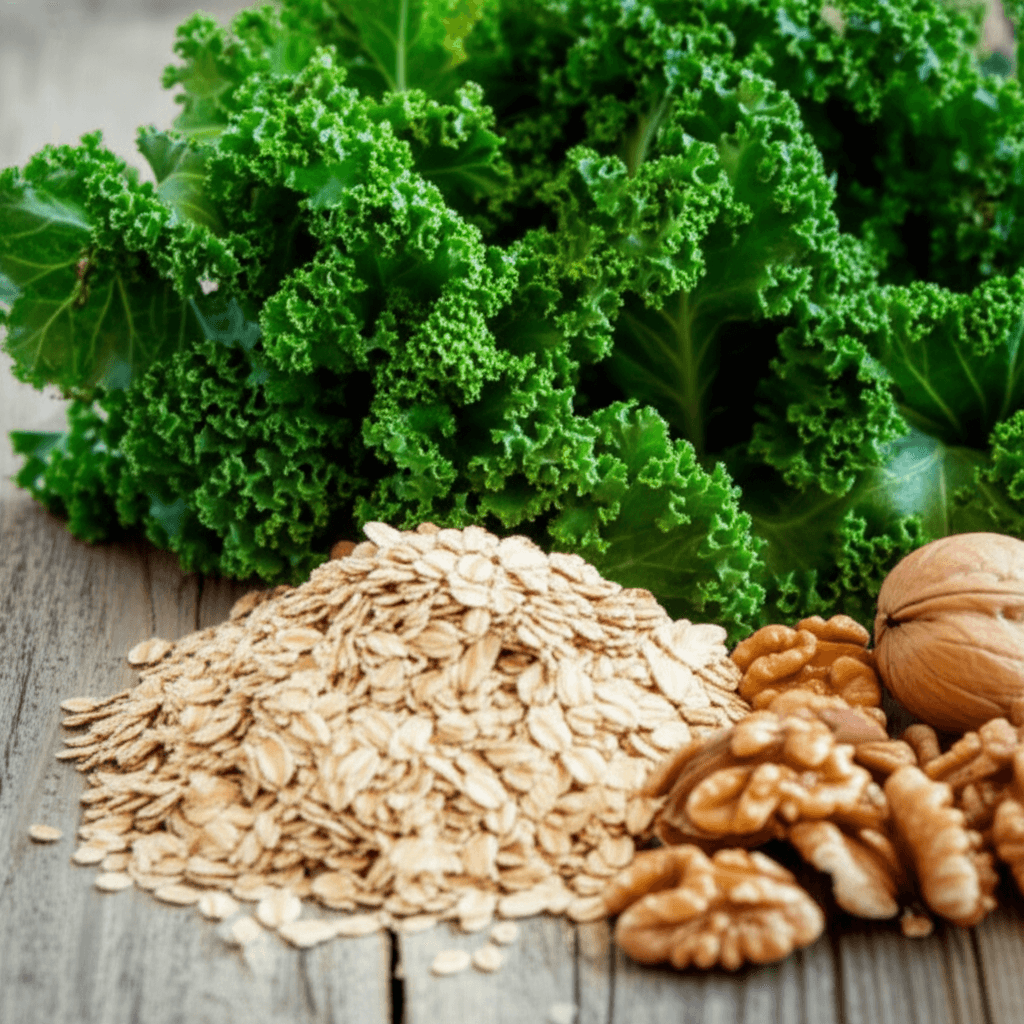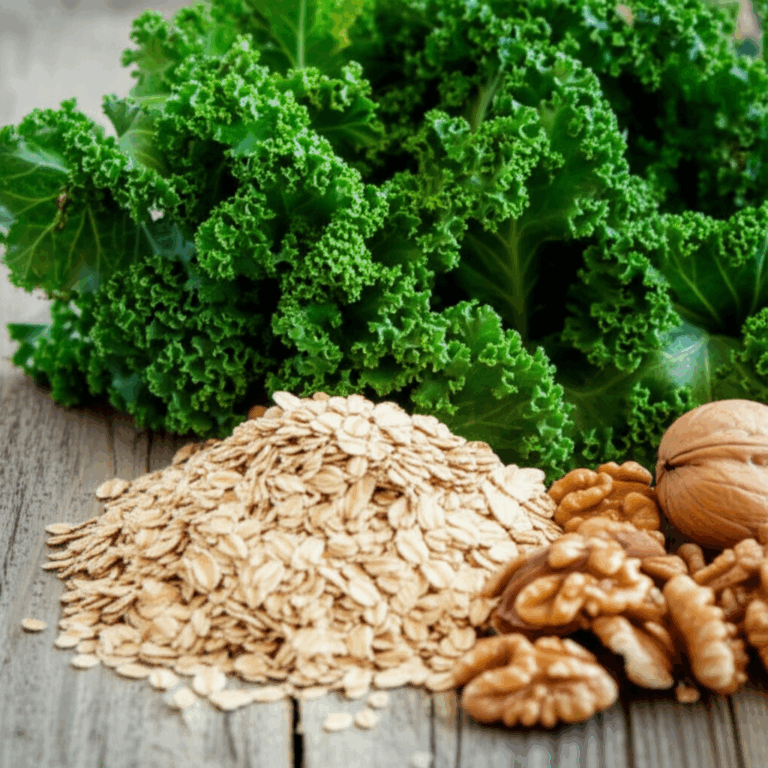Maintaining a healthy heart is crucial for a long and vibrant life, and what you eat plays a pivotal role in achieving this. Cardiovascular diseases remain a leading cause of death globally, but adopting a heart-healthy diet can significantly reduce your risk factors, such as high blood pressure, elevated cholesterol levels, and inflammation. Integrating specific nutrient-dense foods into your daily meals can provide powerful protective benefits for your cardiovascular system.
The Power of Plant-Based Nutrition and Healthy Fats
A diet rich in fruits, vegetables, whole grains, and healthy fats forms the cornerstone of cardiovascular wellness. These foods are packed with essential vitamins, minerals, fiber, and antioxidants that work synergistically to support optimal heart function. Making mindful dietary choices is one of the most effective lifestyle modifications you can implement to sustain a healthy heart year-round.

Top 5 Heart-Healthy Foods
Here are five highly beneficial foods that can significantly boost your heart health:
1. Leafy Green Vegetables
Leafy greens such as spinach, kale, collard greens, and Swiss chard are nutritional powerhouses for your heart. They are an excellent source of vitamin K, which helps protect arteries and promotes proper blood clotting. These vegetables are also high in dietary nitrates, which may reduce blood pressure, decrease arterial stiffness, and improve the function of cells lining the blood vessels.
- Heart Benefits: A 2021 study highlighted that a cup and a half of leafy green vegetables could significantly help address atherosclerotic vascular diseases (ASVD’s), with higher dietary intake of Vitamin K1 reducing ASVD risk. Research also indicates that consuming just one cup of raw (or half a cup of cooked) nitrate-rich vegetables daily can significantly reduce the risk of cardiovascular disease, including peripheral artery disease, heart attacks, strokes, and heart failure.
- How to Incorporate: Easily add leafy greens to smoothies, salads, soups, stir-fries, or use them as a healthy wrap alternative for sandwiches.
2. Whole Grains
Unlike refined grains, which are stripped of their beneficial components, whole grains retain all three nutrient-rich parts: the germ, endosperm, and bran. Examples include oats, quinoa, brown rice, whole wheat, barley, and buckwheat.
- Heart Benefits: Whole grains are high in fiber, which is crucial for reducing cholesterol and maintaining healthy blood sugar levels. Studies show that eating more refined grains increases the risk of major cardiovascular diseases like heart attack and stroke, whereas whole grains are linked to a lower risk of heart disease. The fiber in whole grains, particularly soluble fiber, helps reduce LDL (“bad”) cholesterol and can improve blood pressure. Eating whole grain foods can reduce your risk of heart disease by up to 30%.
- How to Incorporate: Opt for oatmeal instead of sugary cereals, choose whole wheat bread and pasta, and swap white rice for brown rice or quinoa.
3. Fatty Fish
Fatty fish like salmon, mackerel, sardines, and trout are celebrated for their richness in omega-3 fatty acids, specifically eicosapentaenoic acid (EPA) and docosahexaenoic acid (DHA).
- Heart Benefits: Omega-3 fatty acids have been shown to reduce inflammation, lower blood pressure slightly, lower triglyceride levels in the blood, and decrease the risk of irregular heartbeats. The American Heart Association (AHA) recommends consuming at least two servings of fatty fish per week to reduce the risk of heart disease, particularly sudden cardiac death. A 2023 study found that eating more fatty fish can reduce the risk of cardiovascular diseases.
- How to Incorporate: Include grilled salmon for breakfast, add tuna to sandwiches and salads, or bake sardines with herbs.
4. Berries
Strawberries, blueberries, blackberries, and raspberries are not only delicious but also packed with nutrients vital for heart health.
- Heart Benefits: Berries are rich in antioxidants, especially polyphenols like anthocyanins, which help reduce oxidative stress and inflammation, potentially lowering the risk of heart disease. They also contain fiber, which can help lower cholesterol levels. A 2013 Harvard University study found that women who consumed three or more half-cup servings of berries weekly experienced a 34% decrease in heart attacks. These fruits may improve blood pressure and exhibit anti-inflammatory properties.
- How to Incorporate: Enjoy berries as a snack, add them to oatmeal, yogurt, smoothies, or salads.
5. Avocados
Avocados provide a unique combination of healthy fats, fiber, potassium, and antioxidants, all of which support cardiovascular wellness.
- Heart Benefits: These fruits are rich in monounsaturated fats, particularly oleic acid, which has been linked to reducing inflammation and lowering “bad” LDL cholesterol levels while increasing “good” HDL cholesterol. Their high potassium content helps regulate blood pressure, a critical factor in heart disease prevention. Research indicates that eating two or more servings of avocado per week is associated with a 16% lower risk of cardiovascular disease and a 21% lower risk of coronary heart disease. Replacing foods high in saturated fats like butter, cheese, or processed meats with avocado can further reduce the risk of cardiovascular disease events.
- How to Incorporate: Add avocado to salads, spread it on whole-grain toast, include it in smoothies, or use it to make guacamole.







